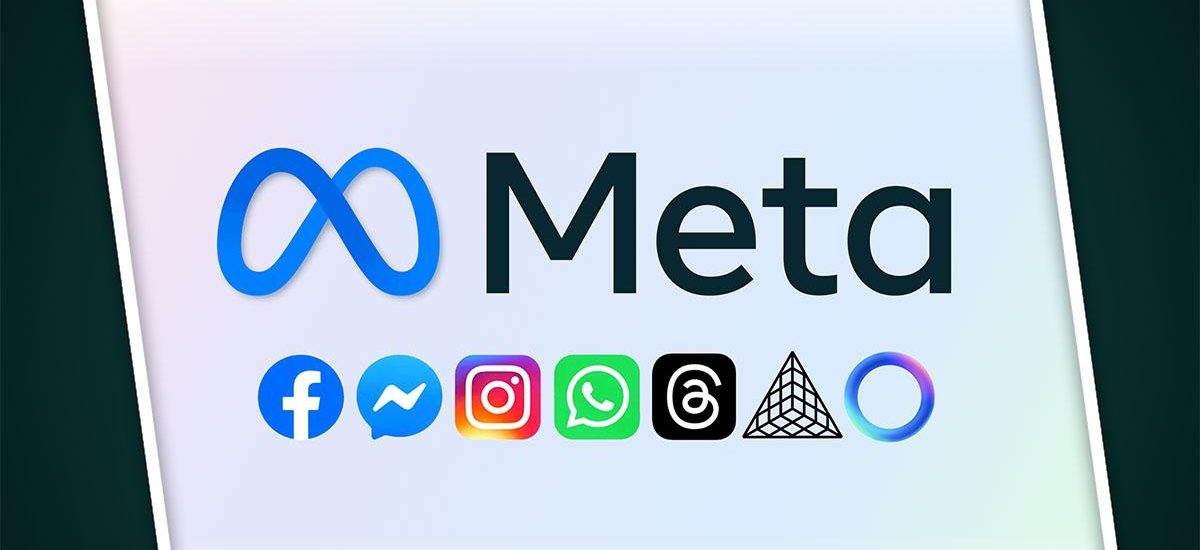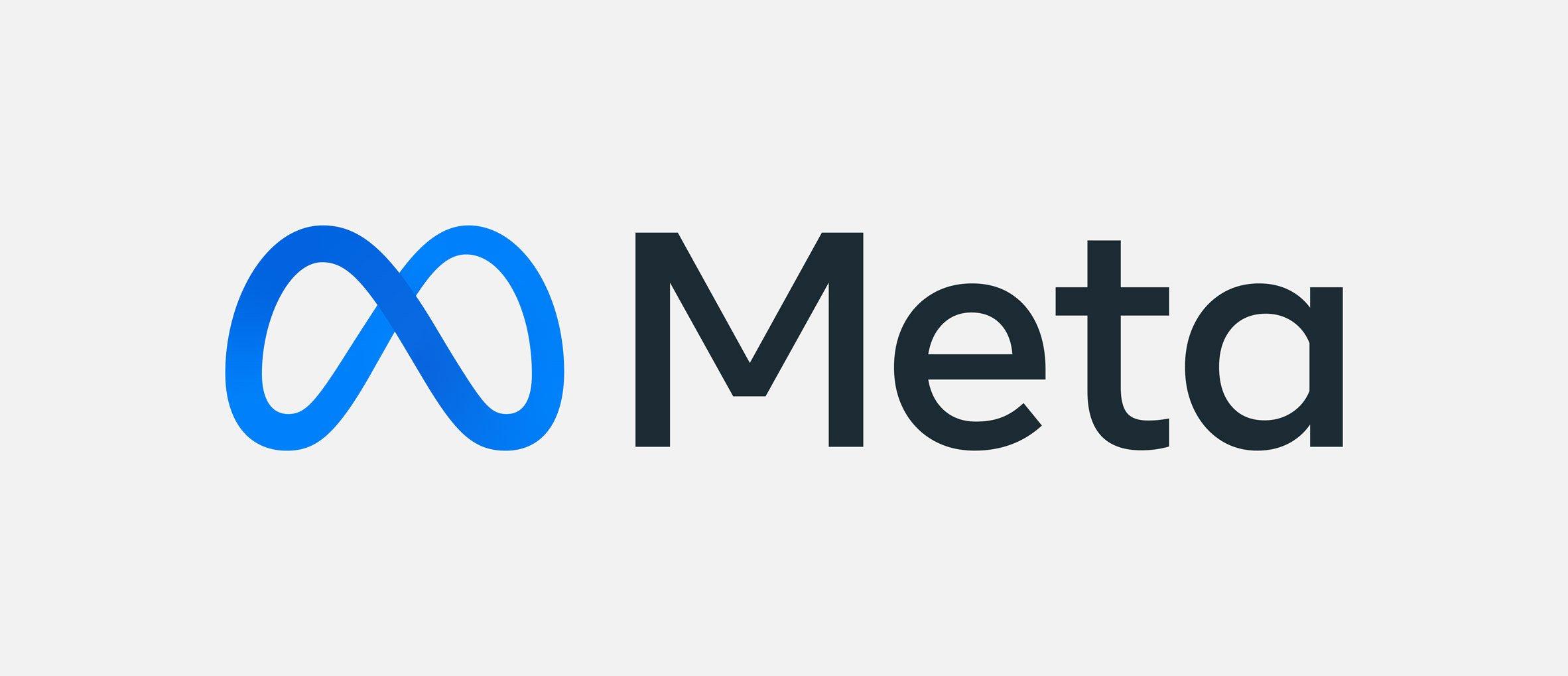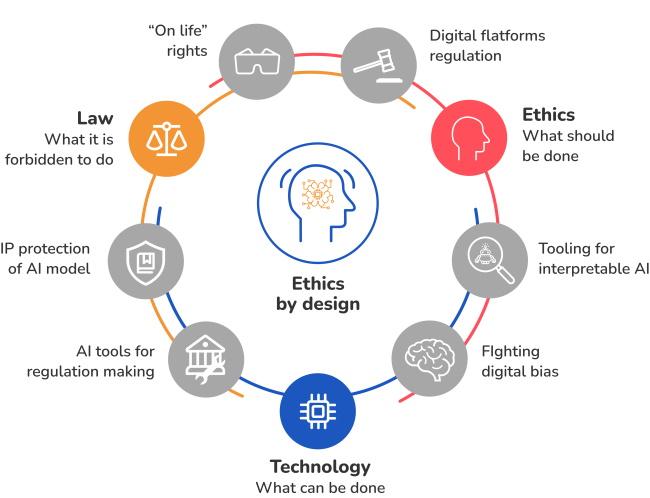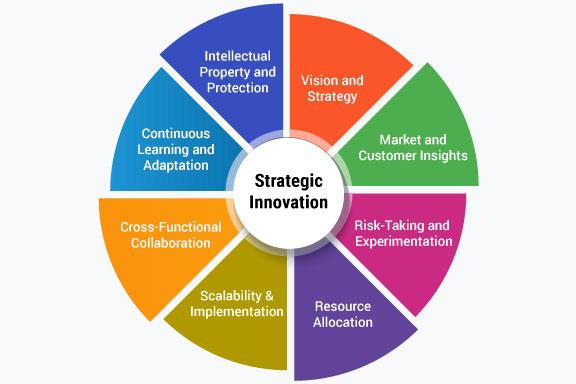



In a world where digital innovation often collides with ethical considerations, Meta finds itself at the center of a heated debate regarding the use of pirated literature in the advancement of artificial intelligence. As technology companies continually strive to enhance their algorithms and learning models, the question of legality and morality looms large.Meta, a titan in the tech landscape, has recently defended its decision to utilize pirated books in its AI training processes, claiming that these texts possess no ‘economic value.’ This assertion raises profound inquiries about intellectual property rights,the evolution of details accessibility,and the responsibilities of corporations in the digital age. In this article, we delve into the implications of Meta’s stance, exploring the nuances of copyright, the economic landscape of digital content, and the broader implications for both creators and consumers in our increasingly interconnected world.
Meta has positioned itself firmly in the debate over the use of pirated texts, asserting that such materials hold little to no economic value.The company argues that the mere existence of these texts online does not result in tangible losses for authors or publishers, suggesting that their inclusion in AI training datasets is more of a technical necessity than an ethical dilemma. This stance has drawn mixed reactions, as many see the economic impact of piracy not just in direct sales losses but also in the broader implications for creative industries.
Critics of Meta’s position highlight potential risks to intellectual property rights and the livelihoods of content creators. Some key points in this discussion include:
| Issue | Meta’s Position | Critics’ Concerns |
|---|---|---|
| Economic value | No meaningful loss | Potential devaluation of creative works |
| Content Ownership | AI training necessity | Violation of copyright laws |
| Long-Term Impact | Neutral effect on market | Risk to future innovation |

The ongoing debate surrounding the use of pirated content for AI training has reignited discussions about ethical boundaries in technology. Meta’s assertion that these books possess no economic value raises critical questions about the interpretation of value in the digital age. With vast amounts of copyrighted material being accessed without author consent, the implications for creators, scholars, and industries echo a broader concern over intellectual property rights, especially as AI continues to evolve. This situation necessitates a deeper examination of how we define value,moving beyond mere monetary metrics to consider the impact on authors’ livelihoods and the sanctity of creative ownership.
The legalities surround these practices remain gray, creating a landscape where innovation might inadvertently trample on rights.Consider the following perspectives in this discussion:

The recent defense by Meta, claiming that pirated books lack ‘economic value,’ raises significant concerns in the publishing industry. As AI becomes increasingly adept at consuming vast amounts of data—including copyrighted material—the risk of undermining authors’ intellectual property grows. Authors and publishers face uncertain futures as they navigate
Furthermore, as AI continues to influence the landscape of literature, the publishing industry may need to adapt its strategies. We might witness the rise of new business models that emphasize:

In an era where the line between innovation and intellectual property is increasingly blurred, companies must adopt strategic frameworks that allow for the productive use of creative resources without infringing on creators’ rights.A pivotal strategy is fostering collaborative agreements with rights holders, which can include licensing, co-creation projects, and revenue-sharing models. By prioritizing transparent communication and equitable arrangements, organizations can ensure that they respect intellectual property while still pursuing innovative advancements. This approach not only mitigates legal risks but also builds long-term relationships with content creators, boosting brand reputation and social obligation.
Moreover, investing in robust research and development can help organizations identify alternatives to perhaps contentious resources. By exploring options such as open-source material, user-generated content, or original contributions, companies can create a distinctive and legally compliant innovation pipeline. It’s also essential to actively engage in policy advocacy,collaborating with governments and industry groups to shape fair intellectual property laws that promote both innovation and creativity. These initiatives can facilitate a healthier ecosystem where ideas thrive without compromising the rights of those who generate them.
In the ever-evolving landscape of artificial intelligence, the intersections of ethics, legality, and innovation continue to provoke spirited debates.As Meta stands firm in its defense of utilizing pirated texts to fuel its AI models, claiming these works lack significant economic value, we’re reminded of the complex dilemmas that accompany technological advancement. The conversation around intellectual property and the rights of authors and creators grows ever more pressing,challenging us to reconsider the frameworks through which we evaluate creativity and compensation in the digital age.
Ultimately, this issue is not merely about the actions of a single entity but reflects broader societal questions about access, ownership, and the future of literature in a world increasingly driven by algorithms.As we move forward,the pursuit of a balanced approach—one that respects the hard work of authors while fostering the technological advancements that shape our future—will be crucial. The dialog sparked by Meta’s decisions may well serve as a catalyst for needed reforms, opening the door to a new chapter in our understanding of content, value, and the rights of creators. As we reflect on the implications of this case, let’s keep the dialogue alive, ensuring that the advancement of AI benefits all contributors to our cultural tapestry.